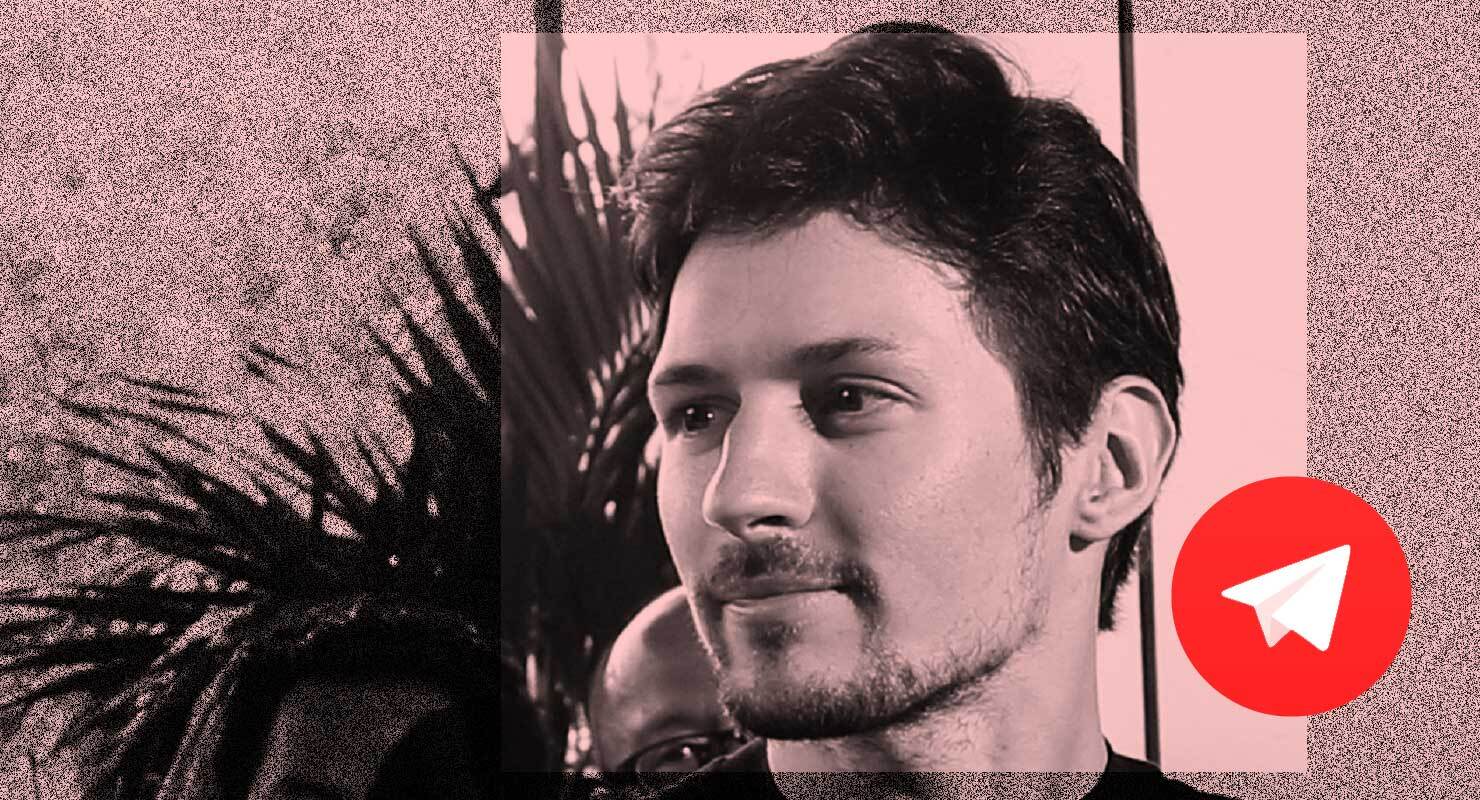Pavel Durov’s arrest suggests that the law enforcement dragnet is being widened from private financial transactions to private speech.
The arrest of the Telegram CEO Pavel Durov in France this week is extremely significant. It confirms that we are deep into the second crypto war, where governments are systematically seeking to prosecute developers of digital encryption tools because encryption frustrates state surveillance and control. While the first crypto war in the 1990s was led by the United States, this one is led jointly by the European Union — now its own regulatory superpower.
Durov, a former Russian, now French citizen, was arrested in Paris on Saturday, and has now been indicted. You can read the French accusations here. They include complicity in drug possession and sale, fraud, child pornography and money laundering. These are extremely serious crimes — but note that the charge is complicity, not participation. The meaning of that word “complicity” seems to be revealed by the last three charges: Telegram has been providing users a “cryptology tool” unauthorised by French regulators.



Telegram’s “privacy” is fully based on people trusting them not to share their data - to which Telegram has full access - with anyone. Well, apart from the optional E2EE “secret chat” option with non-standard encryption methods that can only be used for one on one conversations. If it were an actual privacy app, like Signal, they could’ve cooperated with authorities without giving away chat contents and nobody would’ve been arrested. I’m a Telegram user myself and I from a usability standpoint I really like it, but let’s be realistic here: for data safety I would pick another option.
Matrix does have this the same. Most of publicly accessible channels are non encrypted. It’s all because of e2e performance issues for big channels. It comes with a cost which is not required for most people
deleted by creator
The same argument is valid for telegram
deleted by creator